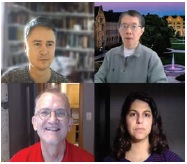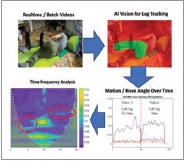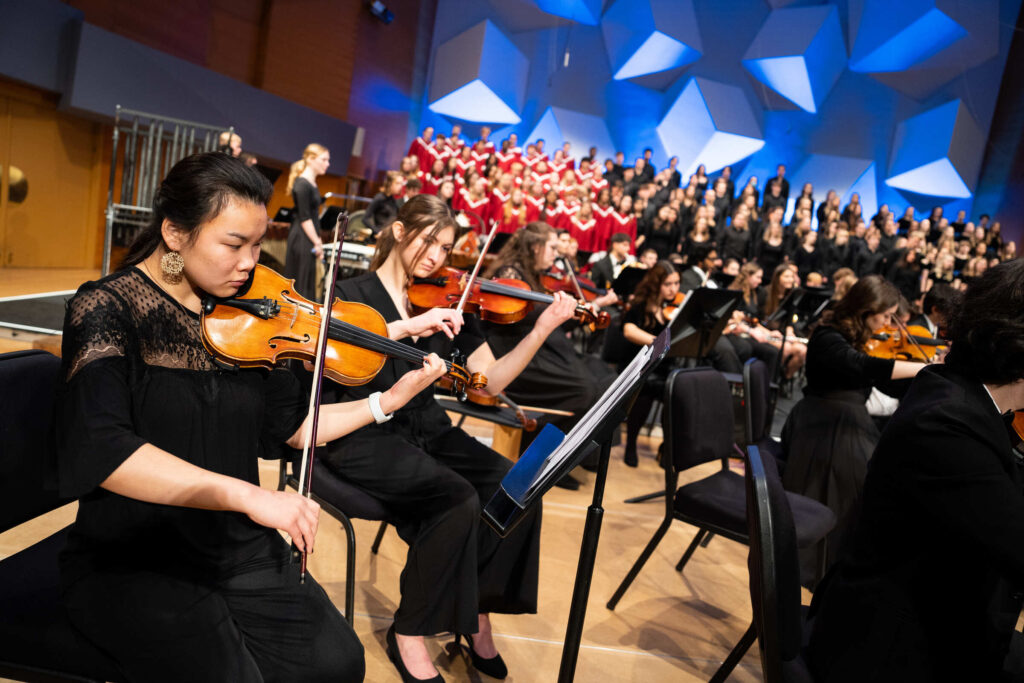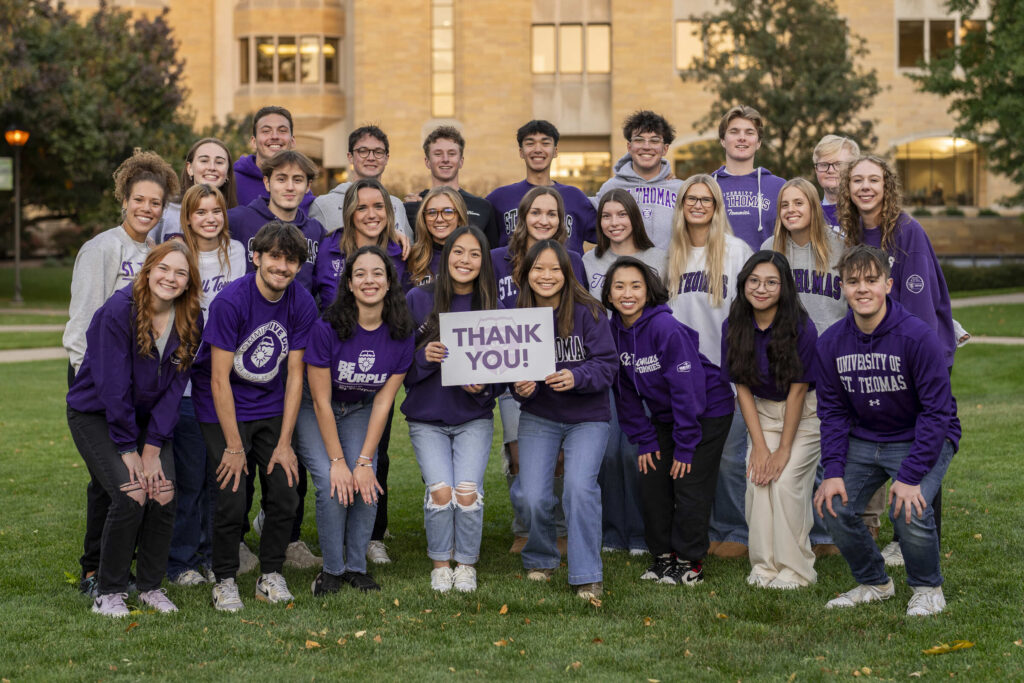This story is featured in the spring 2021 issue of St. Thomas Engineer.
For most, the pandemic has disrupted our routine lives, challenging jobs, family interactions, school and normal health care. For some, such as patients with spinal injuries, COVID-19 lockdowns disrupt an already challenging time – their recovery following spinal cord injury. While spinal injury remains a major problem, promising approaches are showing amazing results in helping even severely impacted patients recover some motor control. The treatment regimens require long durations of assisted movement with clinical feedback. In more typical times, this feedback is provided by highly trained teams in a rehabilitation center. For COVID-19-impacted patients, facilities are often closed and expert teams unavailable.

Virtual meeting of AI team: Drs. Igor Lavrov, Chih Lai, Dwight Nelson and graduate research assistant Aline Serrao De Fillippo
To help patients continue neurorehabilitation, I have teamed with Dr. Igor Lavrov, assistant professor of neurology and biomedical engineering at Mayo Clinic, and Dr. Dwight Nelson, neuroscientist and CEO at Neureux LLC. My graduate data science esearch assistant, Aline Serrao De Fillippo, also contributes. Together the team is developing a novel therapy monitoring system: Intelligent Tele-Health Rehabilitation System (iTHRs).

Sequence of iTHRs analyses
iTHRs combines artificial intelligence with computer vision to quantify videos from in-home neurorehabilitation sessions. The AI module in iTHRs is designed to identify and track leg and knee movements, quantify them with therapy and without, and compute parameters of these motions for feedback to patients and clinicians. Future development can bring this ability to a cellphone. This information can encourage and guide patients, or trigger alerts to physicians and care teams for diagnosis or therapy adjustment. The quantification of movement, in some aspects, is more objective and systematic than data captured in a clinic. The figure included shows the team meeting and a sequence of iTHRs analyses. The team is planning papers and seeking research funding. The work is an excellent example of medical, neuro, data and computer scientists responding to COVID-19 challenges and patient needs now … and imagining a new and improved future.
Chih Lai, PhD, is a professor of Graduate Programs in Software.


